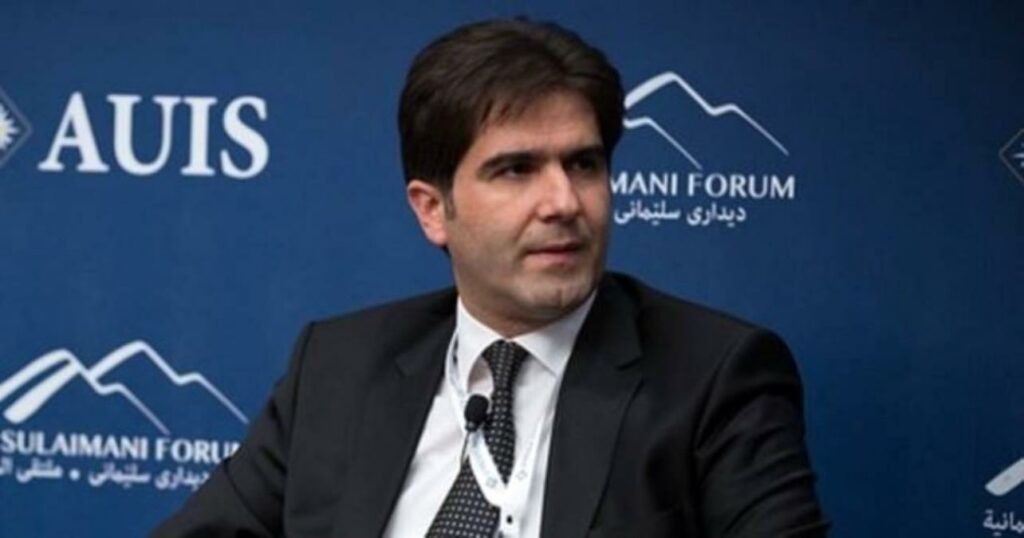The first challenge to the AKP is on the issue of reforms. Prime Minister Recep Tayyip Erdogan and his AKP have been criticized by pro-reform circles as well as EU officials for slowing down domestic transformation. After coming to power in 2003, the AKP implemented drastic changes in the country’s economic and political structures, preparing the ground for the start of EU accession negotiations in 2005. Since then, domestic transformation has been relegated to a secondary status on Erdogan’s agenda. Particularly after the Constitutional Court’s controversial decision on the closure case against the AKP, which fell short of shutting down the party yet imposed fines for being a center of anti-secular activities, Erdogan appears to have completely abandoned the political reform project, including making a new, more liberal constitution.
Reformers have been troubled by Erdogan’s close relationship with the new military leadership (Taraf, October 17). The EU officials have also criticized the Erdogan government for seeking to substitute its foreign policy activism for domestic reforms (www.fox.com.tr, November 27). Even his own supporters have started to raise objections to Erdogan’s new style in government, reflecting the dissatisfaction among the AKP’s core constituencies as well (www.ntvmsnbc.com, November 6). Despite mounting criticism, Erdogan has insisted on the rectitude of its policies. Against this background of AKP soul-searching on the political spectrum, the local elections will put to test Erdogan’s nationalist and pro-status quo political platform and his confrontational leadership style (Today’s Zaman, November 29).
Another major challenge is the electoral battle in southeastern Turkey, which is predominantly populated by Kurdish-speaking voters. Since the July 2007 elections, the AKP has sought to project itself as the representative of the entire political spectrum in Turkey, including conservative Turks, liberal reformists, and Kurds. As a matter of fact, the AKP came out as the first party in ballots in the Kurdish provinces. Since then, the AKP’s motto has been “We will win Diyarbakir too” (Aksam, December 4, 2007), which implied that the AKP was intent on winning the major provincial municipalities controlled by the pro-Kurdish nationalist Democratic Society Party (DTP). The AKP’s aspirations to be an all-encompassing party, coupled with Erdogan’s increasingly pro-nationalist discourse, pitted it against the DTP.
Erdogan had continuously claimed that the AKP abhorred identity politics and any form of ethnic, regional, or religious nationalism (Anadolu Ajansi, June 4, 2006). Ironically, through its antagonism toward the DTP, the AKP might have triggered just such identity politics. The growing tension between the two parties over their competition for Kurdish votes accounts for much of the street violence in the eastern and western parts of Turkey, as well as the radicalization of Kurdish and Turkish nationalist sentiments. Some Turkish political observers believe that the AKP might have fallen into the DTP’s trap by going along with the latter’s confrontational approach (www.haber7.com, November 29). Local elections in the region will partly demonstrate whether the people will support the DTP or the AKP— in other words, solving the Kurdish problem through meeting their demands for more political and ethnic rights versus solving the problem by providing more social and economic development projects in Kurdish areas.
The AKP government has also come under criticism for its delayed response to the financial crisis, which is another major source of challenge. Initially, the government maintained that Turkey might escape the effects of the global crisis and resisted the calls for seeking international assistance. Recently, the government came to terms with the reality of the economic crisis and initiated negotiations with the IMF. Experts argue that short of an agreement with the IMF, the Turkish economy might undergo a serious recession (Referans, December 3). In the meantime, the crisis has affected the production sector, with some industries starting to shut down their plants and lay off workers or put them on unpaid vacation (Referans, October 27, November 11). After all, the AKP came to power as a result of its rivals’ failed economic policies, and it has been able to hold on to power thanks to its successful handling of the economy. If massive unemployment were to break out, it might have devastating consequences for the AKP’s performance in the elections. Nonetheless, experts note that it may be too early to tell how far the economic crisis will go and whether it may affect voting behavior. They note in particular that the Turkish people are aware that the current crisis has been caused by the global financial system; hence, people might not necessarily rush to blame the AKP government for the sagging economy (Milliyet, December 3).
Despite its shortcomings, the AKP, like Erdogan for that matter, is far from being a lame duck. It still has several weapons in its arsenal. First, given Turkey’s unitary state structure, the central government controls enormous resources. As the incumbent party, it could channel resources to alleviate the conditions of crisis-stricken segments of society, preventing erosion in popular support. Second, the AKP and its predecessors made their reputations through their successful track record in local government, and the Turkish electorate still recognizes them as the “party of services.” Finally, the opposition parties are in complete disarray, and there is still no plausible alternative on the horizon that has the capability to knock the AKP down.
